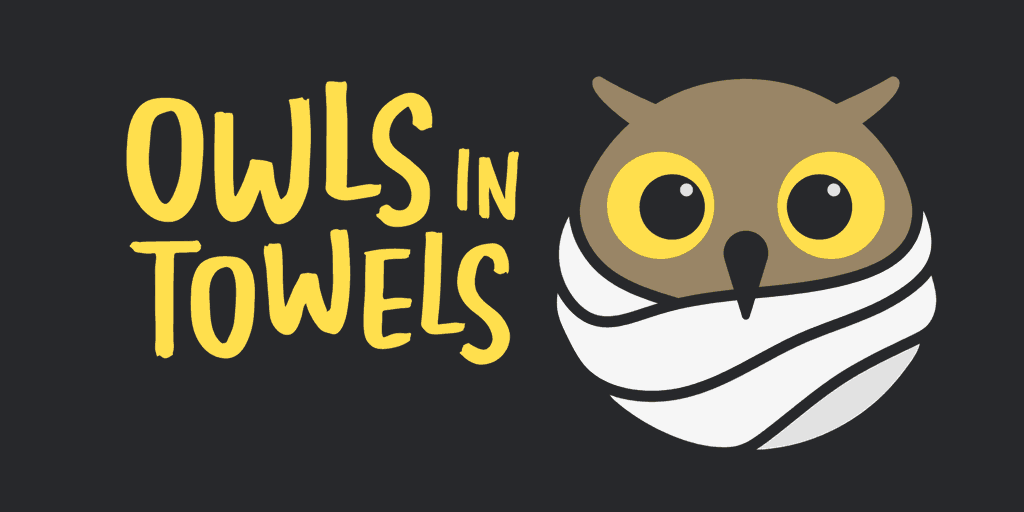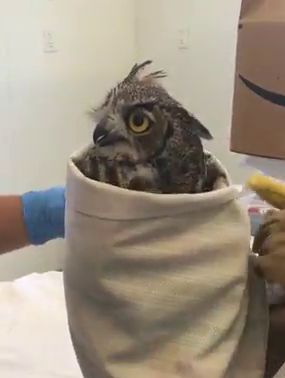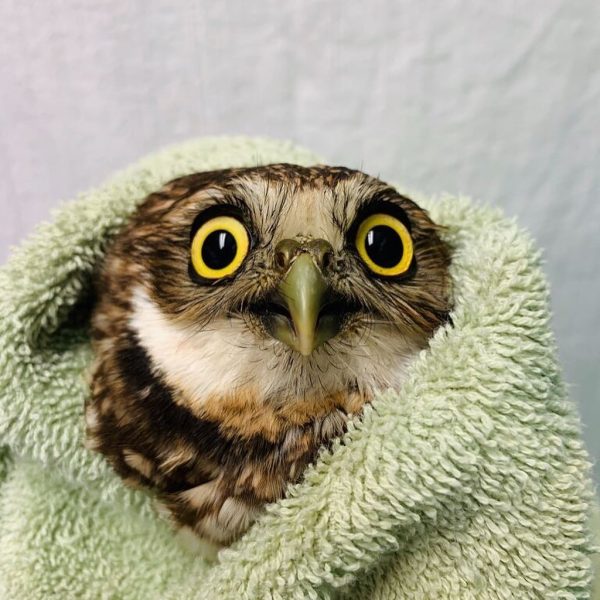Wildlife rehabilitators often wrap owls in fabric so they can be weighed, treated, and fed. If not, the owls get in a flap.
The result? Loads of pictures of #owlsintowels
-
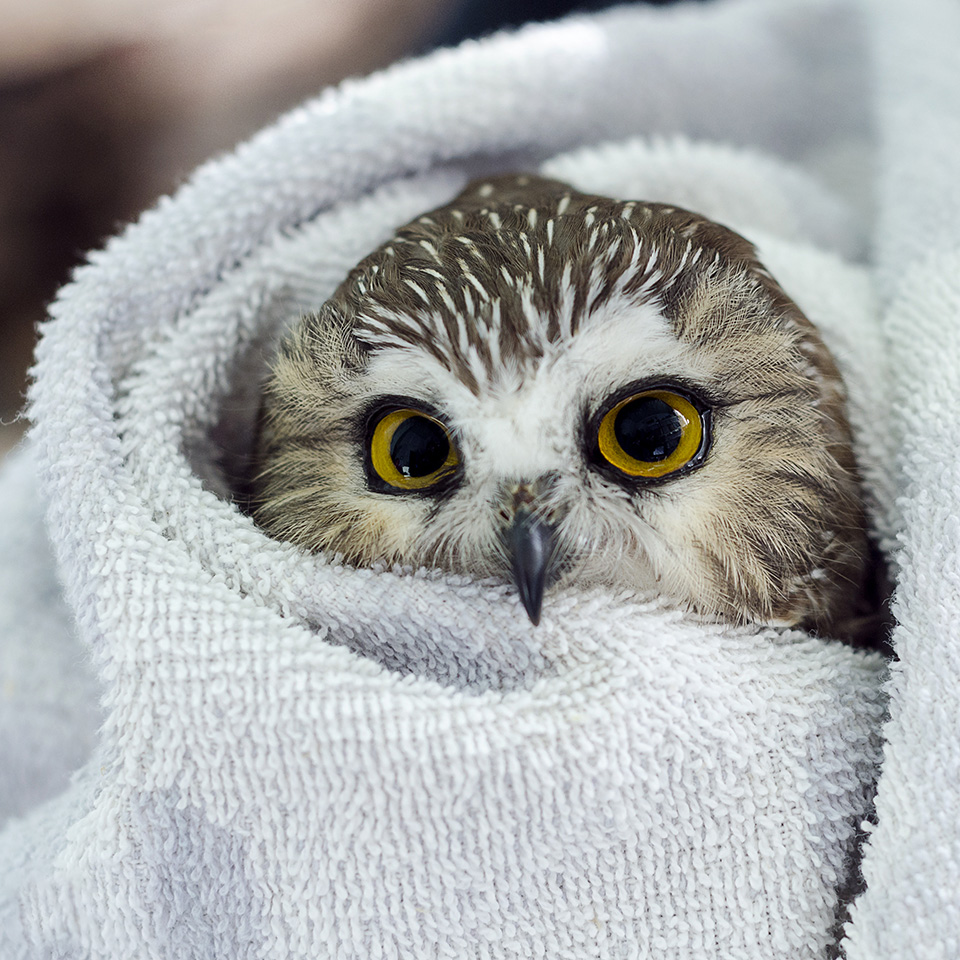
Charming northern saw-whet owl
-
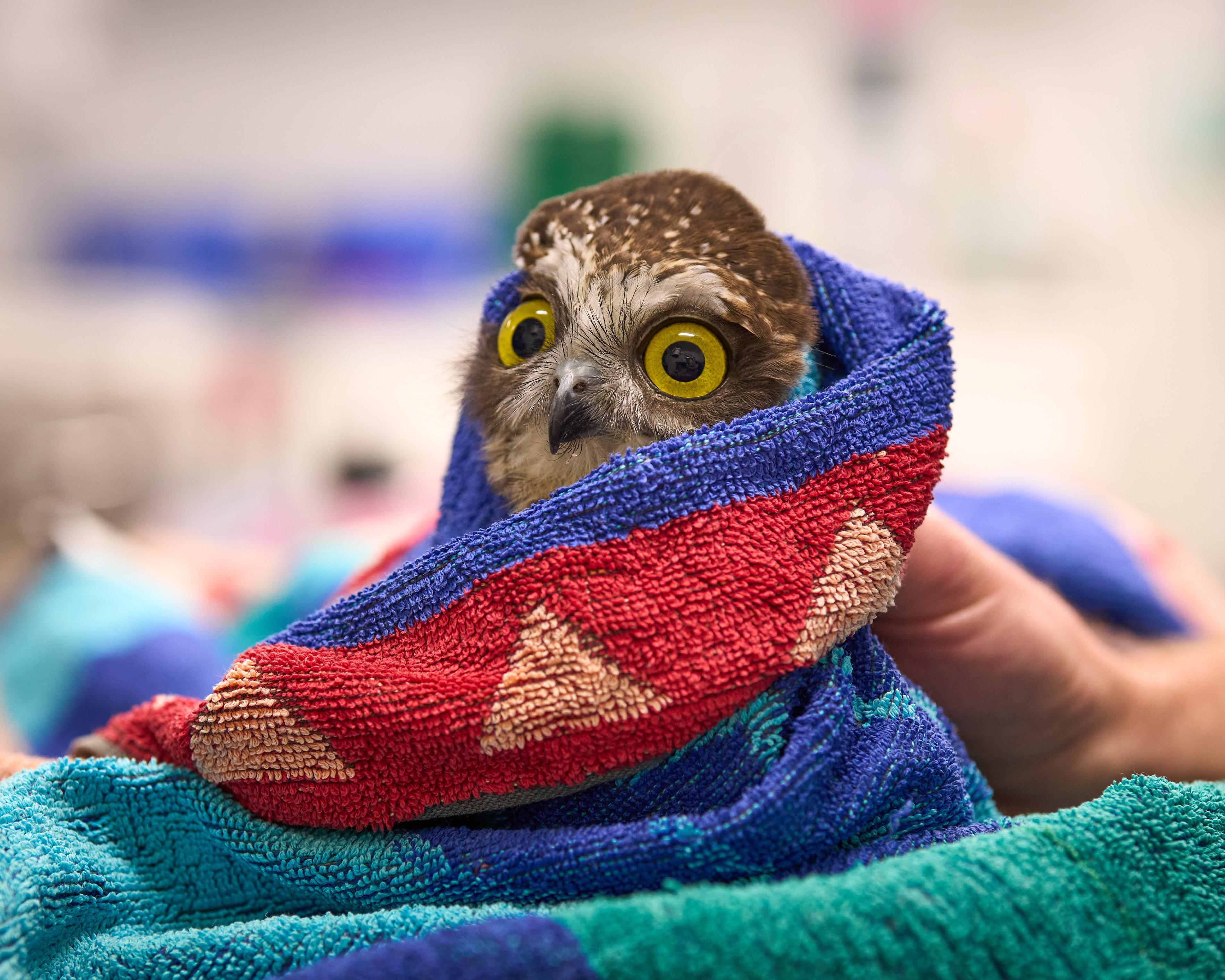
‘Rocket’, melter of hearts
-
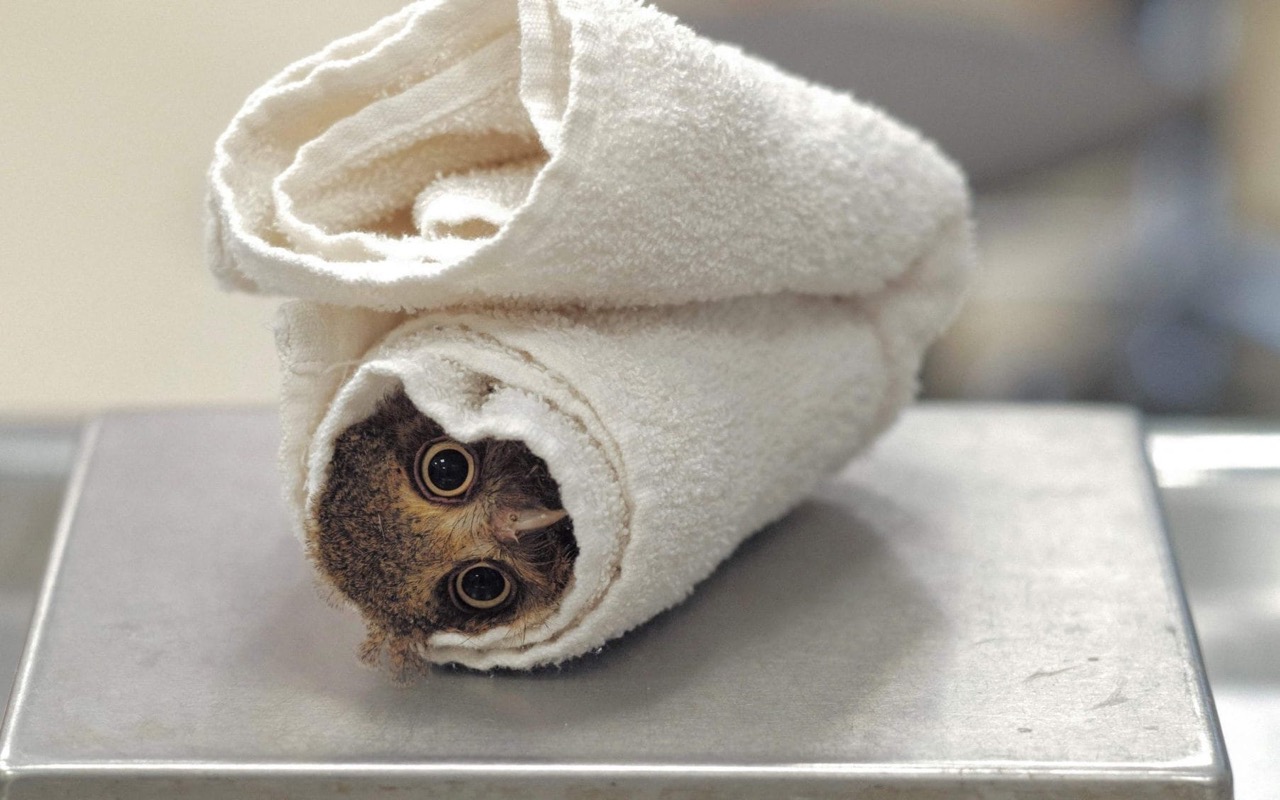
Mountain scops owl in Taiwan
-
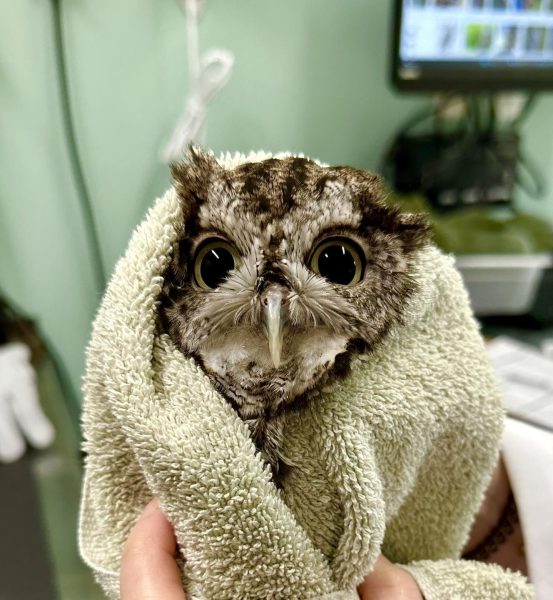
Coda the Eastern Screech Owl
-
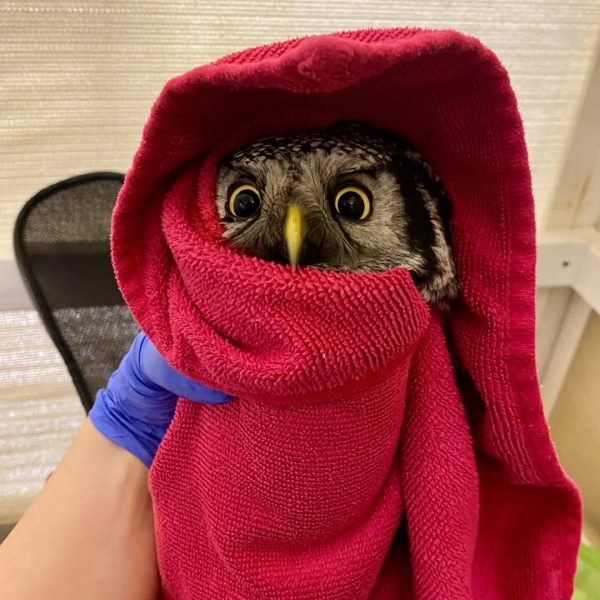
Rehabilitating a Northern Hawk Owl Pt. 2
-
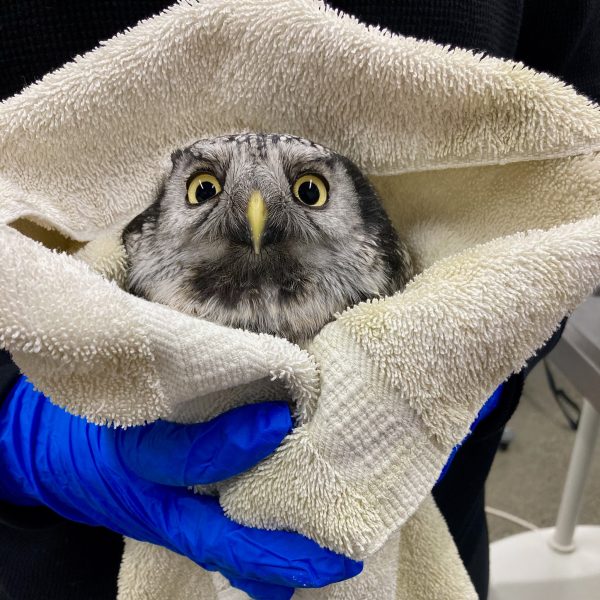
Rehabilitating a Northern Hawk Owl Pt. 1
-
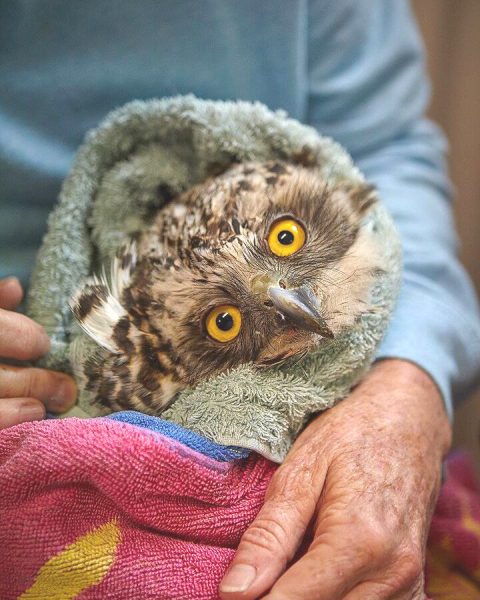
Powerful Owl with torticollis
-
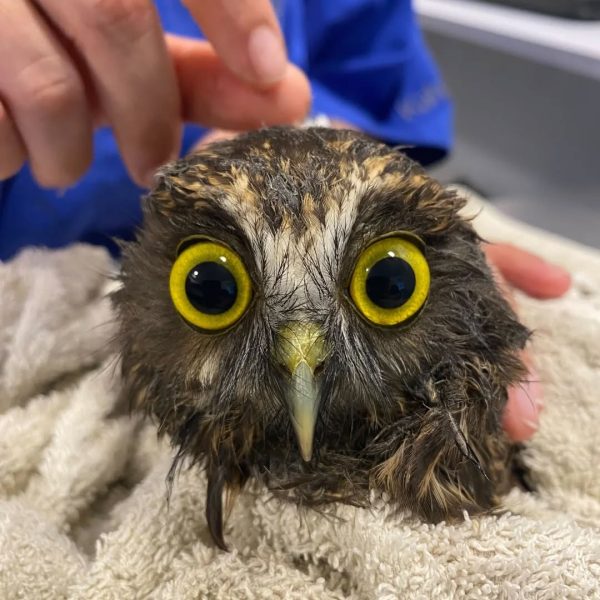
Bath time for Ruru
-
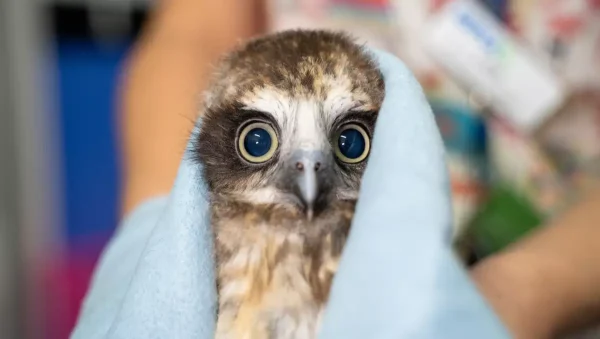
Ghostly fledgling Boobook
-
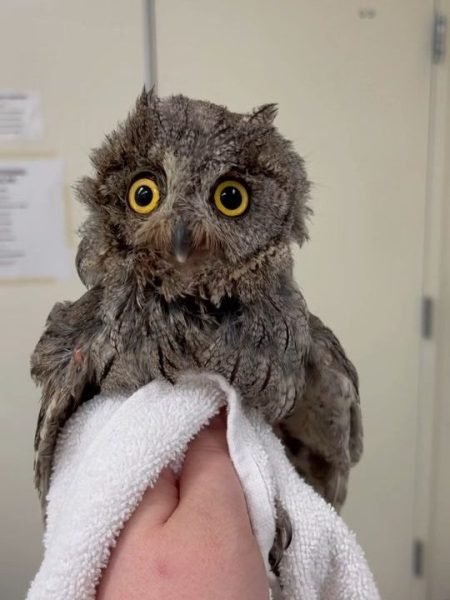
Western Screech Owl gets fiesty
-
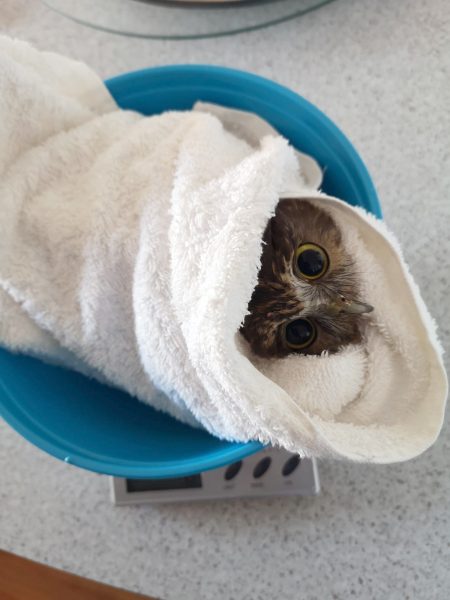
Indignant owl being weighed
-
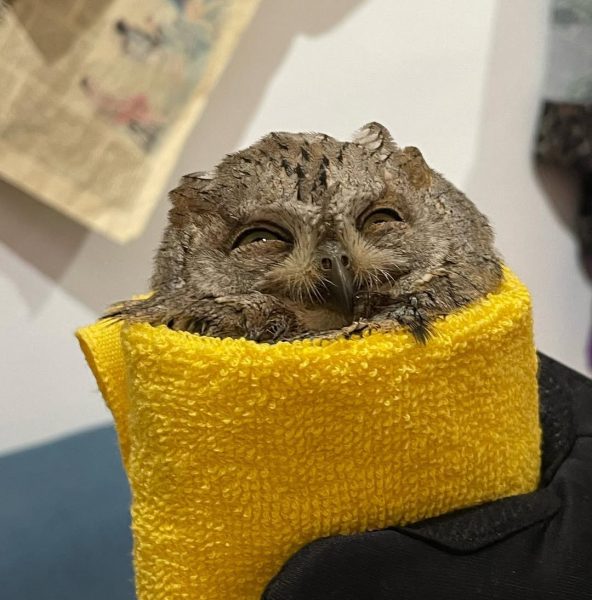
Wrapped up after rescue
-
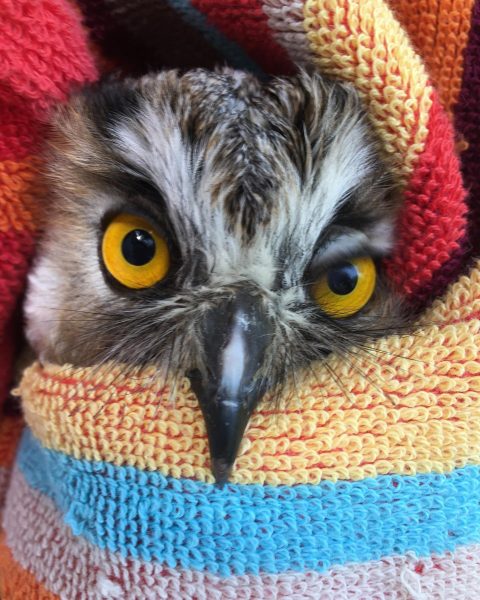
Easier breathing for Long-eared Owl
-
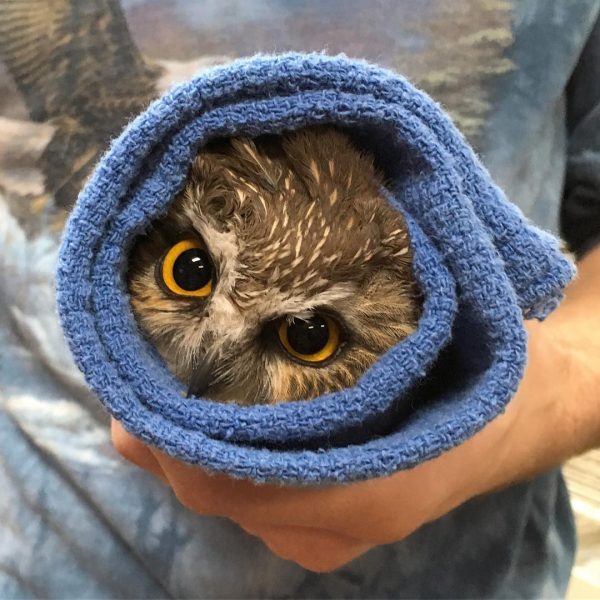
Not suitable for human consumption
-
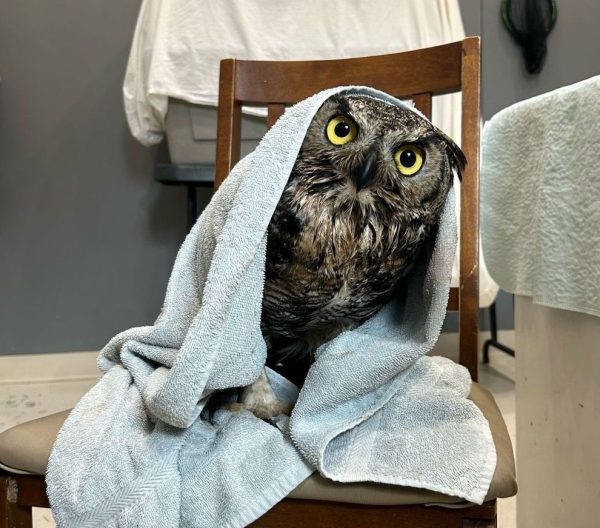
A+ facilities would stay again
-
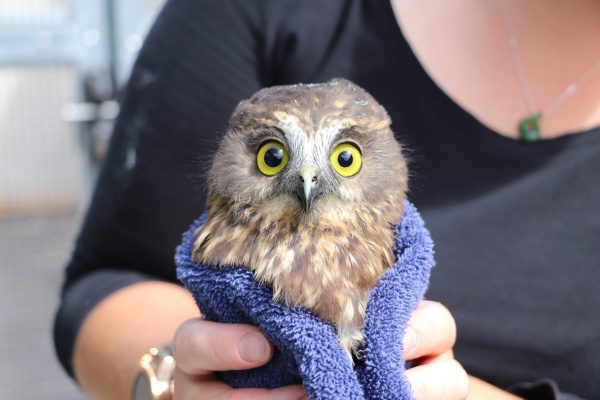
Ruru recovers from window strike
-
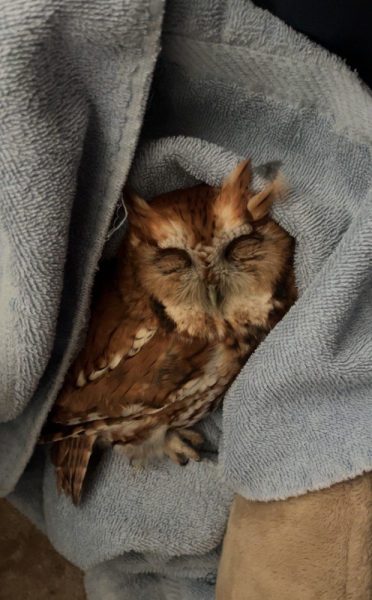
Screech Owl rescue and release
-
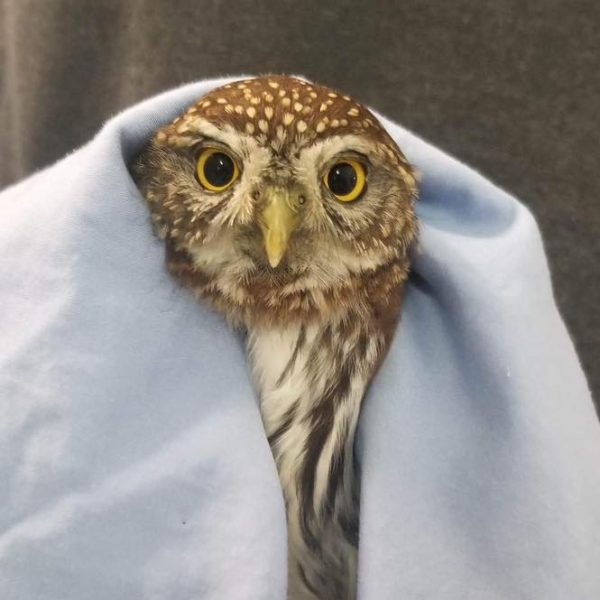
Pygmy Owl survives cat attack
-
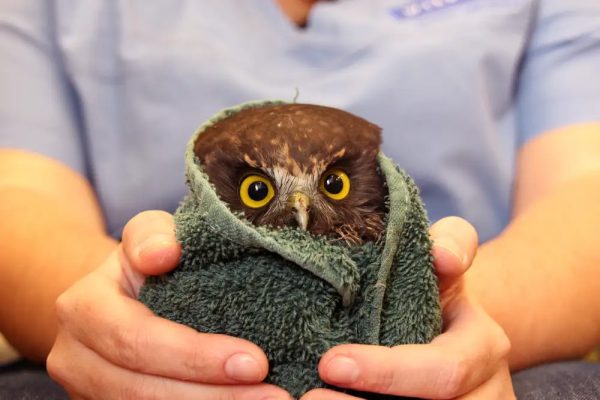
2+ decades of wildlife care
-
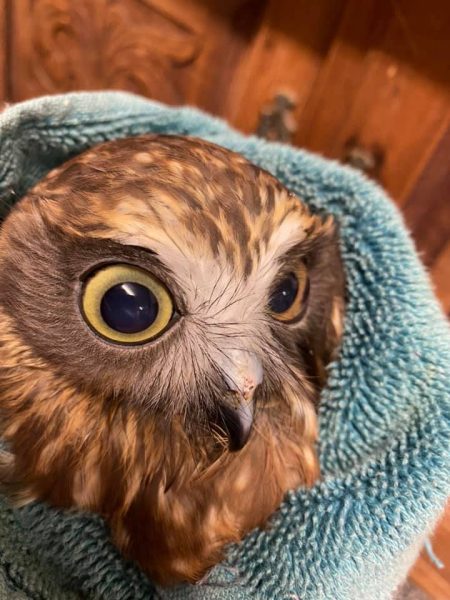
Small owl huge spirit
-
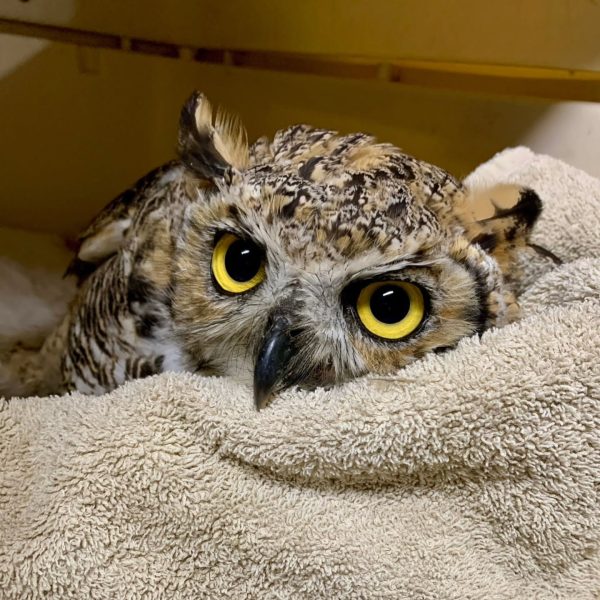
Journey to recovery for GHOW
-
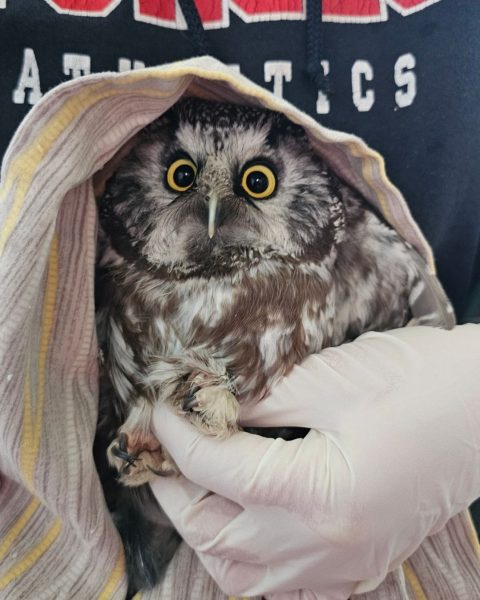
Rare Boreal Owl patient #2
-
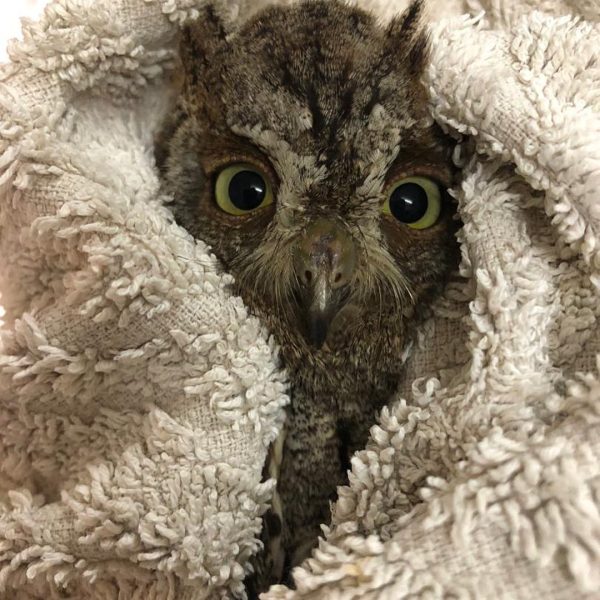
Owl in a towel in Lilongwe
-
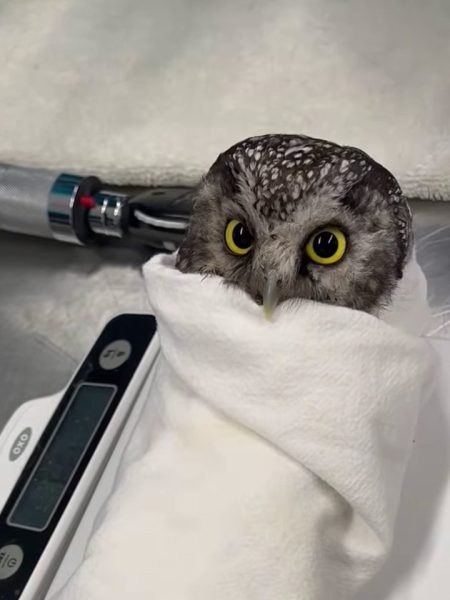
Weighing a tiny owl
-
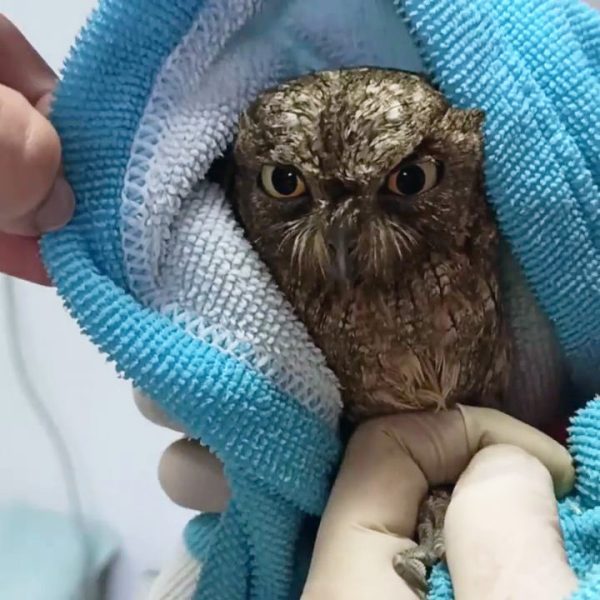
Pulling out the scops
